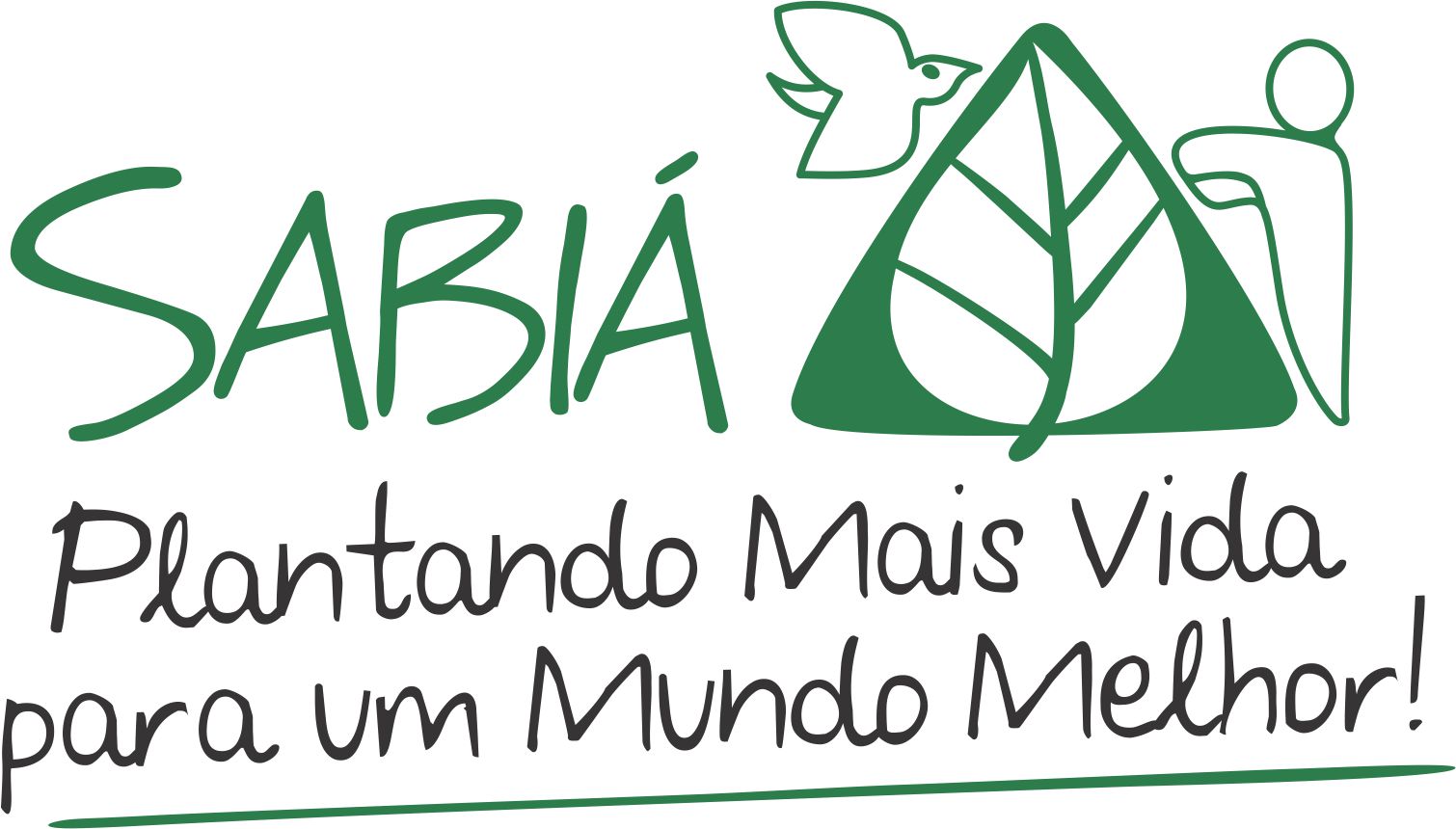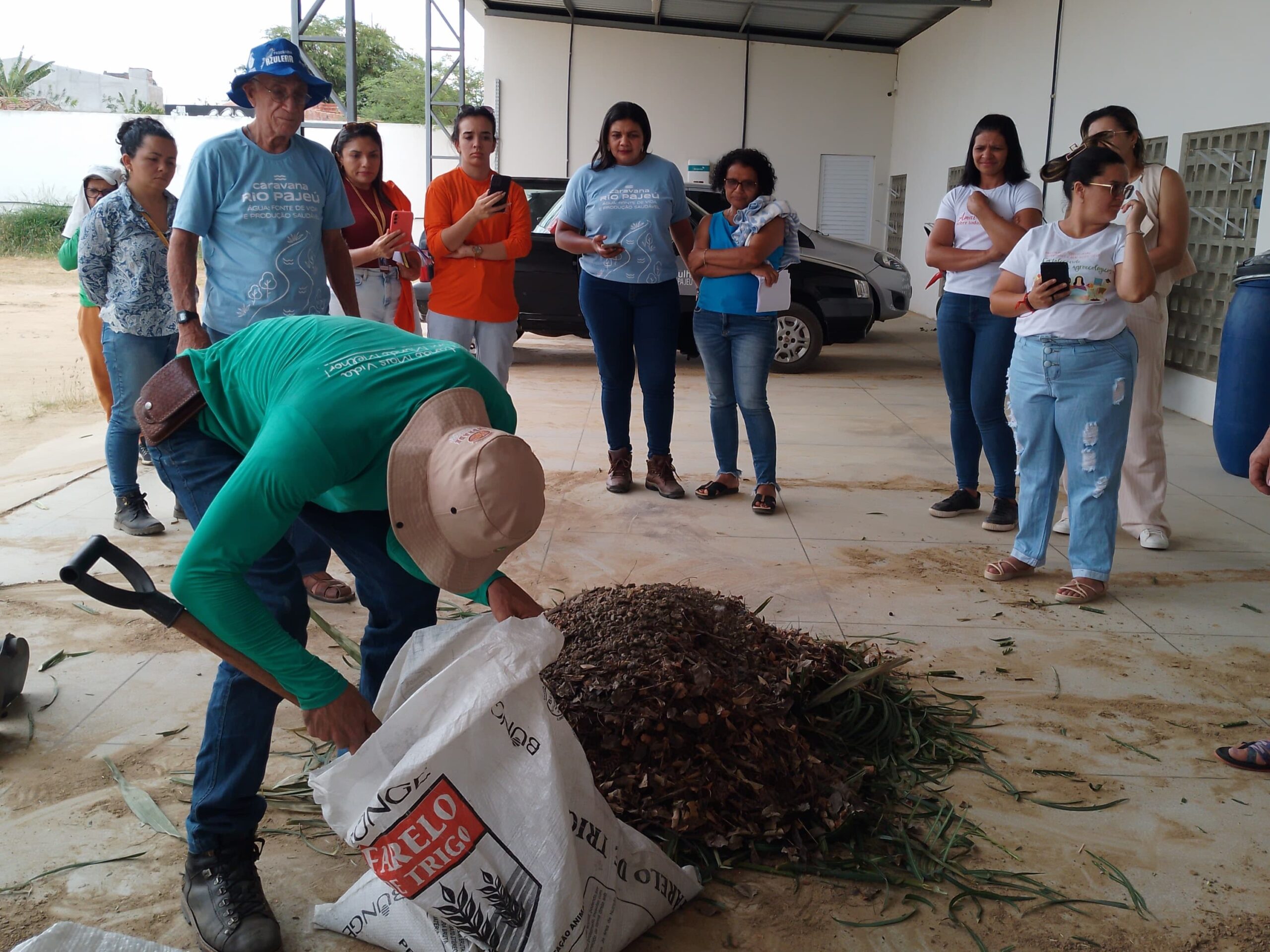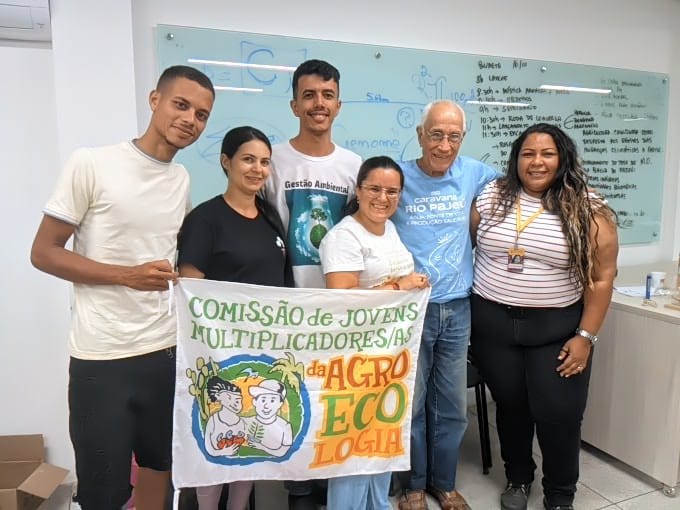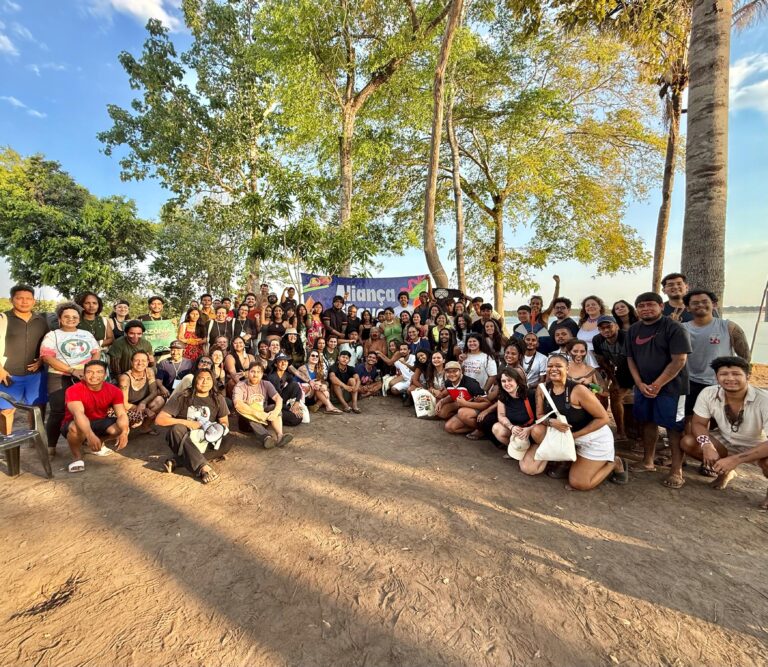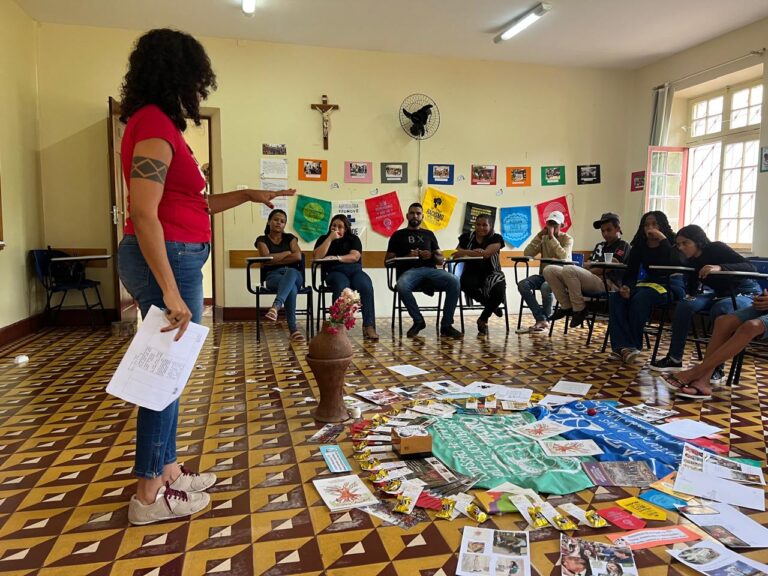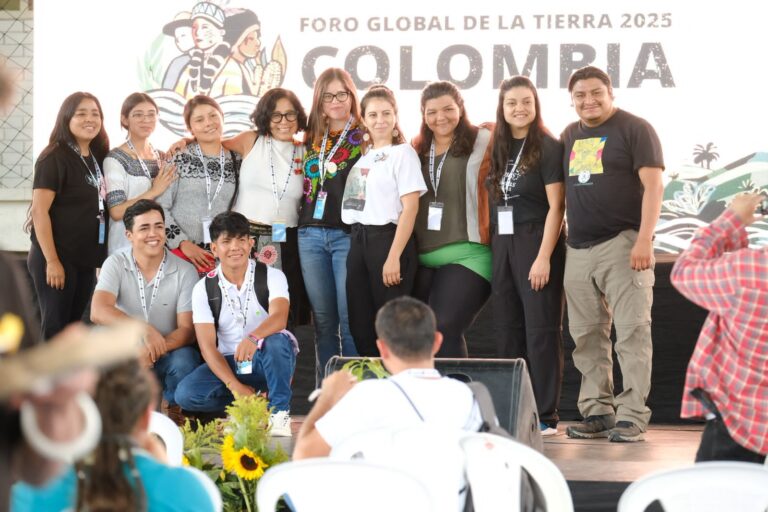Pajeú farmers learn agro-ecological techniques in training course
By Ivan Bezerra, young agroecology multiplier
Between October 14 and 16, the “Peasant Biopower: Agroecological Firefighters” training course took place in the city of Afogados da Ingazeira, in the Pajeú hinterland. The activity brought together farmers representing various municipalities in the region and institutions that make up the Pajeú Agroecology Network. The course was given by Professor Sebastião Pinheiro, a pioneer in agroecology, who presented the content in a light and didactic way, allowing the farmers to understand this fundamental initiative to promote agroecology and sustainability in the countryside.
During the course, participants learned about the production of biogerimizers, biocaldas and natural pesticides, essential practices for preserving the environment and promoting soil health. The focus on the production of agroecological inputs not only reduces dependence on harmful chemicals, but also strengthens the resistance of rural communities in the face of climatic adversity and conventional agricultural practices. Participants got hands-on and produced biofertilizers, insecticides, repellents, glass water, ash syrup and compost. In addition to the preparation, there were discussions about the indications for use and forms of application, allowing for the active participation of technicians and farmers, who contributed their experiences and answered questions to improve their knowledge.
At the end of the course, the World Food Day plenary emphasized the interconnection between healthy farming and nutritious food. Participants discussed the importance of maintaining fertile and healthy soils, as they are the basis for producing quality food. Soil fertility, through agroecological practices, contributes to the production of poison-free and nutrient-rich food, favoring the health of the population.
This initiative not only empowers farmers through education and the practice of agroecological methods, but also raises awareness about the importance of a sustainable food system that respects and preserves local ecosystems. These were rich and necessary moments for exchanging knowledge. Training and informing is the best strategy to ensure the smooth running and effectiveness of actions. The result is a community that is more resilient, healthy and connected to the environment.
Nothing found.

